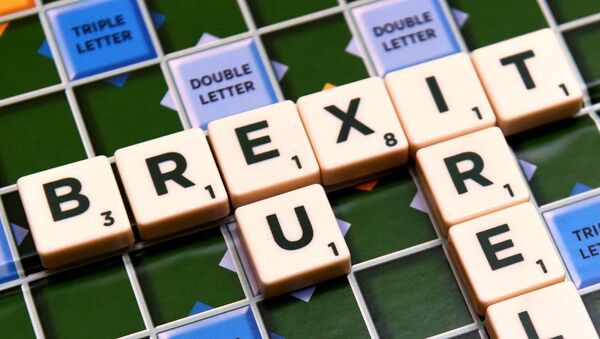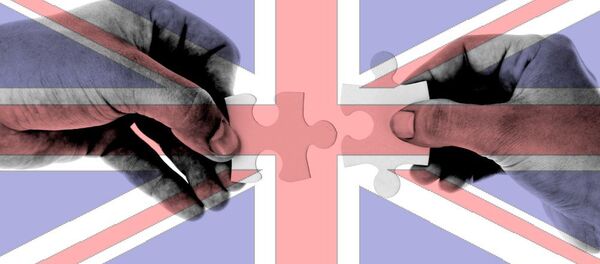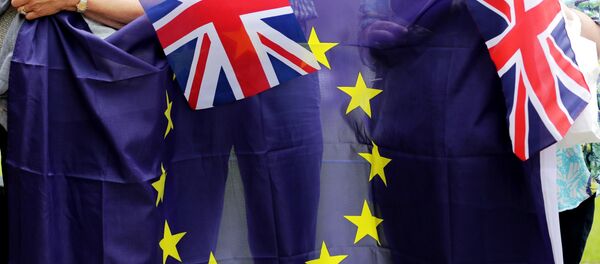The interview came after the United Kingdom announced that nearly 52 percent of British voters had chosen in a referendum to leave the European Union, in a move known as Brexit.
"I really think Brexit has dealt a serious blow to the TTIP. On the one hand, the peoples of Europe are on the edge, on the other — the United States faces the presidential elections in November which may see Donald Trump coming to power. This could be a repetition of the vote on Brexit," Asselineau said.
Asked about a possibility of holding a referendum on Frexit, France's potential withdrawal from the EU, he remained downbeat about the initiative.
"There is no democratic Europe as such. Democracy is only possible if there is a nation, but a European nation does not exist. So Europe is originally based on lies, on the allegation that the European nation, a sort of 'homo europaeus', can exist," he added.
Asselineau was echoed by Konstantin Kosachyov, head of the Russian Upper House's Foreign Affairs Committee, who said in a separate interview with Sputnik that Brexit "dealt a very serious blow to the European Union."
"This shows that there is a gap between the ambitions of political elites who continue to develop this project with the highest speed and the ever increasing concerns of ordinary people that the project does not meet their interests," he said.
He pointed out that "Russia is unlikely to benefit from the UK's withdrawal from the European Union" and "it creates a new situation in relations between the EU and Russia and between Russia and the UK."
On Thursday, a nationwide referendum was held in Britain in which 51.9 percent of the voters said that they were in favor of Brexit. The United Kingdom still needs to formally notify the European Union of its intention to leave the bloc. After that, it has two years to negotiate the terms of its divorce.
On Saturday, Berlin is set to host a meeting of the foreign ministers of the EU's founding states — Germany, France, the Netherlands, Italy, Luxembourg and Belgium — who will discuss the potential consequences of United Kingdom's decision to leave the European Union.
The European Commission claims that the TTIP would boost the EU's economy by 120 billion euros, the US economy — by 90 billion euros and the rest of the world by 100 billion euros.
However, detractors argue that the secretive arrangement has been drafted by bureaucrats and multinational corporations without much input from elsewhere; even national legislators have voiced their concern that countries' respective legislatures hadn't had the opportunity to review the deal.





